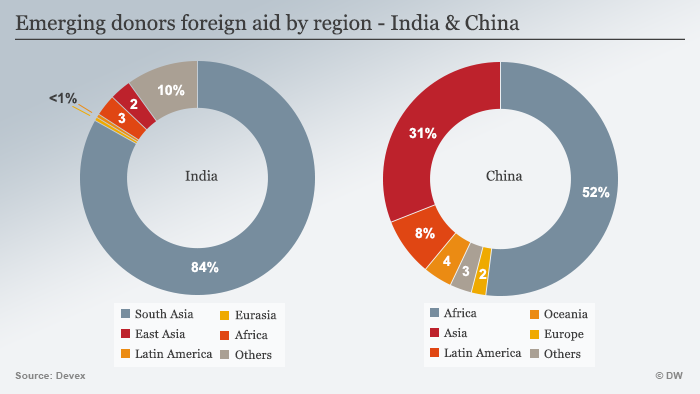RUSSIAN SANCTIONS THROUGH CHINESE PRISM
July 16, 2022 | Expert Insights

The 14th BRICS (Brazil, Russia, India, China, and South Africa) summit was the first summit after the pandemic when its leaders met face to face; the last two summits were virtual ones. It was also unique that it was held under the shadow of the war in Ukraine, with one of its principal members, namely Russia being the primary target of a bouquet of sanctions.
Background
The BRICS group was established in 2009 to galvanise their collective muscle to assert themselves in the international system. These countries were thought to have the ability to drive future global economic growth. Since then, South Africa and Brazil have descended into economic disarray, and China’s growth, too, has decelerated. Russia, engrossed in the strife over its occupation of Ukraine and the harsh economic sanctions inflicted by the West, is fast becoming an international outcast. Meanwhile, disputes over their shared border and India's so-called "Quad" defence coalition with the U.S., Japan, and Australia fuelled tensions between China and India. A major deadlock caused by border clashes in 2020 ensued in losses on both sides.
BRICS has a strong thread of support for Russia due to historical reasons. China and India, with a long history of close economic and military ties with the Kremlin, have the threat of secondary sanctions hanging over their heads like a Damocles sword. While Brazil voted in favour of UN resolutions condemning the Russian act, it has refused to participate in the West-sponsored sanction regime. Brazil is Russia's main trading partner in Latin America, with a turnover of over $7 billion as per last year's figures. South Africa, too has close ties with Russia, which supported the African National Congress in its struggle against the apartheid regime. Like India, South Africa too has abstained from UN votes condemning the Russian invasion and has been a vocal critic of the sanctions as they imperil food security in Africa.
The Chinese leaders pronounced at the BRICS Summit that the world needs to cease US-led hegemony and move towards the r "future of peace." In a subtle dig at the United States of America and its allies over opposition to the war in Ukraine, the Red Dragon said that the world needs to fight unilateral sanctions and efforts by some countries to maintain the cold war for their political and military supremacy.

Analysis
Apparently, the West had no great expectations from the BRICS summit to encourage/ compel Russia to terminate its special military operation, now entering its fifth month. However, for a beleaguered Moscow, it provided a good platform to rally together its known friends and, through the significant economic heft of the BRICS, try to get around the stranglehold of the sanctions. The combined group of BRICS countries possesses a total of $27.5 trillion in economic power.
It was an ideal opportunity for President Xi to challenge the American financial hegemony that has been dominating the international financial system since the end of the Cold War. As the host of the summit, he opened the session with a call to the members to leverage their significant economic clout to stand up to a truly multinational international system based upon the founding principles of the UN. His message was clear- "we must abandon Cold War mentality and oppose unilateral sanctions and the abuse of sanctions." Taking the cover of the BRICS, China used the platform to encourage economic and political support for Russia to cast an international alliance that can face up to the US-led liberal democratic order.
President Putin was equally vehement in his criticism of the U.S. and its allies for ‘weaponising' sanctions. He blamed the West for "using financial mechanisms" to "shunt their own mistakes in macroeconomic policies onto the whole world." He expressed his willingness to develop multilateral cooperation with the BRICS to propel it into a global role rivalling that of the western bloc.
Assessment
- Nothing substantial emerged from the summit despite each side calling for the others to combine forces to make the bloc a significant presence around the globe. However, their internal compulsions and a fluid international geopolitical situation have imposed a caution on all the participants who do not want to overtly annoy the West at their cost.
- Sadly, no effort was made to convince President Putin to promise an early cessation of hostilities in Ukraine, thus prolonging the agony of the war for the entire world. It is not clear if some bilateral discussions took place to expedite at least a cease-fire as no mention has been made in any of the statements. At the same time, Mr Putin failed to extract any commitments from the other members, which would help him bypass the sanctions and continue to finance his war.
- The ongoing trend will lead to no winners and many losers. The Western world stages this confrontation as one between 'democracy versus autocracy' while 'others' look at it as a tussle for constructing a unipolar world versus a multipolar one. The rising cost of food will continue to plague the global south till a definitive end to hostilities is brought around.








Comments